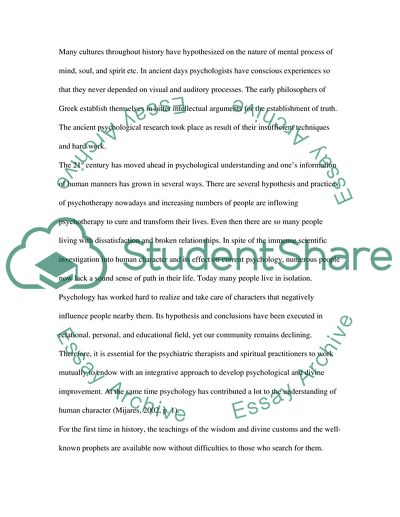Cite this document
(Ancient Psychology and Modern Psychology: Wundt and Freud Dissertation, n.d.)
Ancient Psychology and Modern Psychology: Wundt and Freud Dissertation. Retrieved from https://studentshare.org/psychology/1725082-compare-between-ancient-times-psychology-and-modern-psychology-how-they-are-differnt-how-did-ancient-psychology-shape-modern-psychology
Ancient Psychology and Modern Psychology: Wundt and Freud Dissertation. Retrieved from https://studentshare.org/psychology/1725082-compare-between-ancient-times-psychology-and-modern-psychology-how-they-are-differnt-how-did-ancient-psychology-shape-modern-psychology
(Ancient Psychology and Modern Psychology: Wundt and Freud Dissertation)
Ancient Psychology and Modern Psychology: Wundt and Freud Dissertation. https://studentshare.org/psychology/1725082-compare-between-ancient-times-psychology-and-modern-psychology-how-they-are-differnt-how-did-ancient-psychology-shape-modern-psychology.
Ancient Psychology and Modern Psychology: Wundt and Freud Dissertation. https://studentshare.org/psychology/1725082-compare-between-ancient-times-psychology-and-modern-psychology-how-they-are-differnt-how-did-ancient-psychology-shape-modern-psychology.
“Ancient Psychology and Modern Psychology: Wundt and Freud Dissertation”, n.d. https://studentshare.org/psychology/1725082-compare-between-ancient-times-psychology-and-modern-psychology-how-they-are-differnt-how-did-ancient-psychology-shape-modern-psychology.


